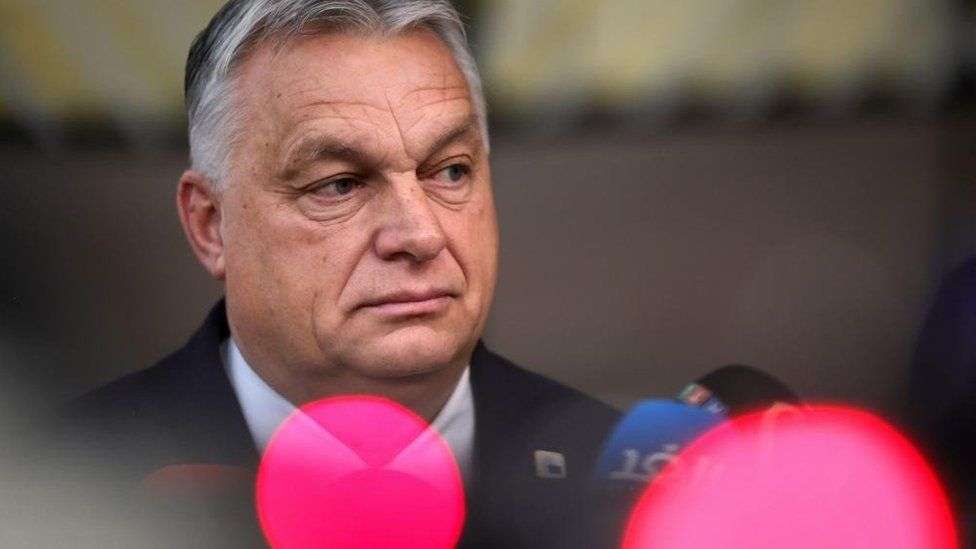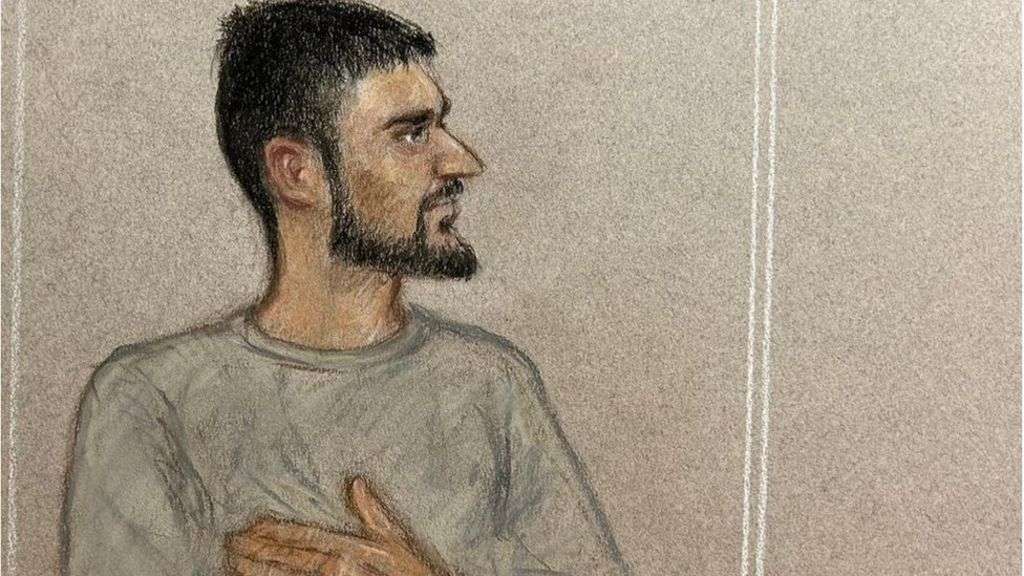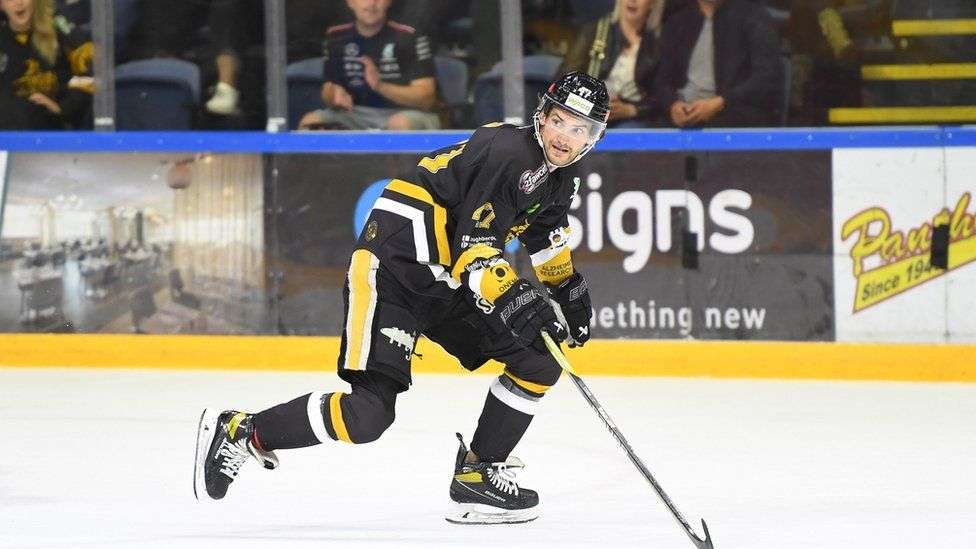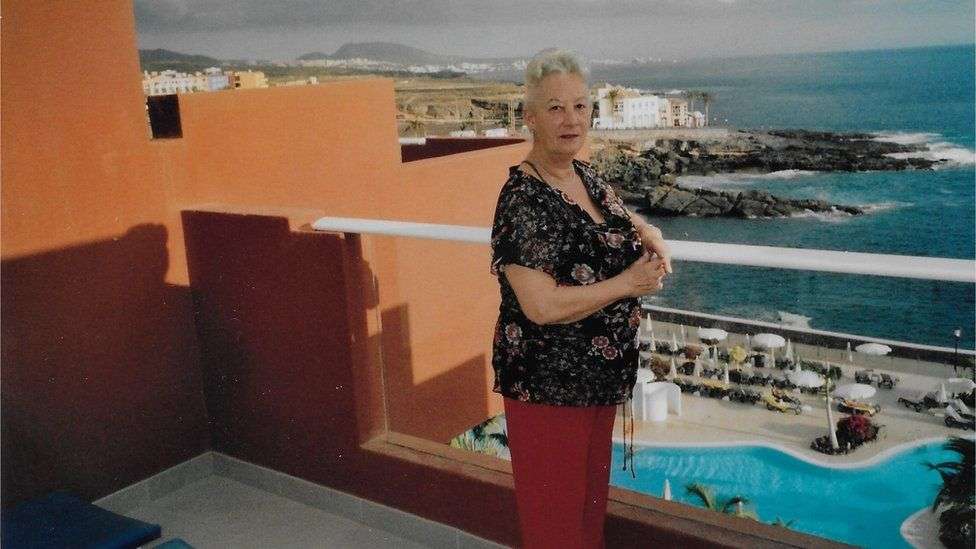The political rollercoaster that unfolded in Brussels this week was astonishing even for the most veteran watchers of European summits.
As EU leaders met for the last time before the Christmas holidays, all eyes were on one man: Hungarian Prime Minister Viktor Orban.
He is perceived as the Kremlin's closest ally in Europe, and is the only EU leader who met face-to-face with Vladimir Putin this year.
As his voice grew louder with threats that he would block two crucial decisions on Ukraine, speculation in Brussels was rife about how the negotiations would go down. Would Mr Orban torpedo the summit?
There were rumours the meeting could go on for days, and well into the weekend.
On his way in, a chipper Finnish Prime Minister Petteri Orpo set the mood: "Russia's threat is real. I'm ready to negotiate, and I've packed a lot of extra shirts."
EU leaders tucked into a festive lunch that included Breton medallion, sole with root vegetables and panettone.
Then it was time for Ukraine's President Volodymyr Zelensky to make a last-ditch plea via videoconference.
"Ten years ago in Ukraine, people rose up under the flags of the European Union … I ask you one thing today: do not betray the people and their faith in Europe."
Hours went by. German Chancellor Olaf Scholz put a pullover over his suit; "a sign he's in it for the long haul," an EU diplomat told me.
Then negotiations about opening membership talks with Ukraine hit a wall. The situation was at an impasse: it was 26 against one.
That's when the German chancellor took Mr Orban to the corner of the room and suggested he should leave and go for a coffee.
"No one could hear what they were talking about," an EU source told me. "But it wasn't like Scholz was giving him an order: Mr Orban left voluntarily. He went into his delegation room, which is on the same floor."
With Mr Orban quite literally out of the way, the other 26 leaders went ahead and the vote was unopposed. Because such a move requires unanimous support, it would not have been possible with the Hungarian prime minister present.
It later turned out that the coffee break that saved Ukraine's EU accession bid had been planned all along. French President Emmanuel Macron said the idea was a collective effort.
Estonian Prime Minister Kaja Kallas called this strategic loophole "interesting for the history book". She joked that she would describe it in her memoirs some day.
When the news about Ukraine's EU membership process broke, the mood in the press room - where hundreds of international journalists were covering the EU meeting - went from sober to euphoric within seconds.
Charles Michel, the man who chaired the meeting, came out to speak to journalists - mostly to congratulate himself on a "historic moment that shows the strength of the European Union".
Shortly afterwards, Mr Orban posted a video to social media, describing the decision as "completely senseless, irrational and wrong".
So why did he allow it to go ahead?
He justified his decision to walk out of the vote by saying he had "spent eight hours persuading them not to do this". He said other EU leaders wanted that decision "frantically", so he agreed with them that he would leave the danger and leave them to it.
In reality, EU membership talks are a slalom of caveats and technicalities. It will take years before Ukraine is ready to join the bloc. And Mr Orban knows he still has plenty of opportunities to block the process down the line.
But if EU leaders thought the Hungarian PM had suddenly fallen into line, they were in for a disappointment.
Talks broke down at about 02:30 in the morning, after Mr Orban had used his veto powers to block the more concrete, and much more pressing, decision to send a €50bn ($55bn; £43bn) aid package to Kyiv.
It's not the first time he has used a veto to win concessions for Budapest - such as exemptions for Russian oil imports. But he had never prevented an EU agreement.
His grandstanding did not go down well with President Macron.
"Hungary was respected during this European Council meeting. [Orban] was listened to. This respect implies responsibilities and so I expect from Viktor Orban in the coming months that… he will behave like a European and not take our political progress hostage," Mr Macron said.
But Balazs Orban, Viktor Orban's political director (the two are not related), said Hungary was not blackmailing the EU, and in fact it was the other way around.
He implied that the prime minister would start playing ball only if the EU were to unblock €20bn of funds for Hungary, frozen because of concerns about human rights and corruption in the country.
"We don't understand why we don't have access to 100% of financial funds," he added.
Hungary wants that money before it agrees to any more for Ukraine.
Despite the diplomatic drama behind the scenes, leaders insisted that a solution on cash for Ukraine could be found early next year, either by bringing Mr Orban on board or forcing the aid package for Kyiv through without his backing.
The EU is already preparing to work around a Hungarian veto if necessary, for example by letting all EU countries except Hungary provide bilateral funding to Ukraine in 2024 outside the EU budget.
It is not unprecedented for one European country to delay a decision on EU money: Brussels diplomats are used to backroom deals and compromise. And when it comes to Ukraine - a country embroiled in a war on the EU's doorstep - the bloc is keen to show that it will stand with Kyiv, for as long as it takes.
Asked how he planned to get Mr Orban to change his stance on Ukraine, Charles Michel laughed and said that he was open to suggestions.








